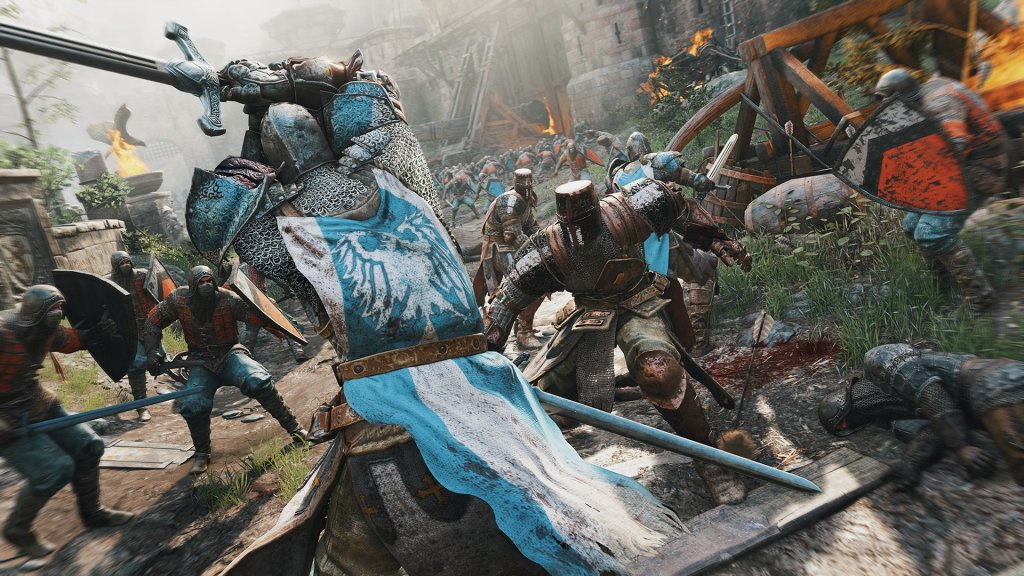Microtransactions of any kind in video games will always irk consumers, even in a game like Overwatch that is sold at a relative discount ($40) and only has cosmetic bonuses available for purchase. Throw in microtransactions that actually affect the game or give someone a competitive advantage, and you've just invited a village of pro-consumers to sharpen their pitchforks and come…

Atlas is an action-rpg with rogue-like elements where you use your ability to control the ground to fight the enemies and move through procedurally generated worlds.










